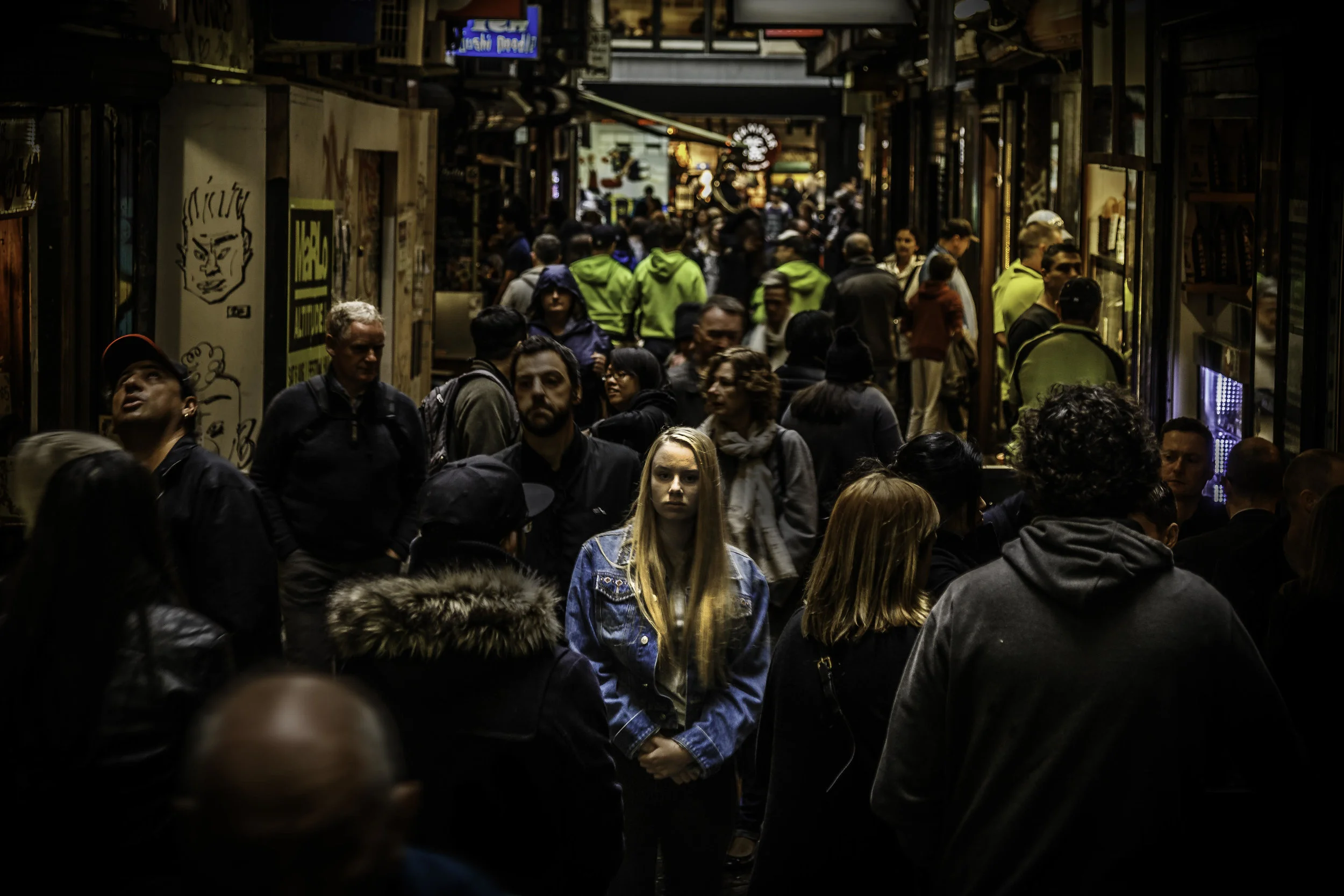Have you ever been somewhere that advertises itself as “welcoming,” but it’s really not? When people say, “Oh, we’re so glad you’re here!” and then don’t take any time to get to know you or give you opportunities to participate? Or maybe you were made to feel like you were the perpetual guest and never a host?
We often use the word “welcoming” to describe our spaces, and the expectation is that it will be a place where you can come as you are. Sometimes that expectation is met; other times it isn’t. Just because a particular group or congregation says it is welcoming doesn’t mean they are actually practicing hospitality. Words are easy; doing it is much harder and messier.
At a faith and justice-oriented festival I attended this summer, there was discussion in one of the panel sessions about how to make the festival more diverse. Currently, the festival is largely white, middle class, and English. If the festival’s aims are to engage that particular demographic, then they’re succeeding. However, if they wish to bill themselves as a racially, geographically, and economically diverse and inclusive space, then it has some questions to ask itself about the barriers people encounter to participating.
In the end, the panel was clear that in order to make any space more welcoming and hospitable, we need to differentiate between diversity and inclusivity. One of the panel members talked about how diversity is where there are all kinds of different people present; inclusivity is when all of those different kinds of people equally own and define the space. For a space to be inclusive, it must be a space that is theirs as much as it is yours or anyone else’s.
Such a prospect of change is understandably scary for a lot of people. Innately, we know that to truly welcome the different also invites change. It’s the possibility of change that scares folks – the fear of the unknown, that what you’ve known and relied upon will no longer be familiar, that the systems you’ve set up and know so well won’t function as they have done, and what advantages you may have felt may no longer be just for you.
Here’s what we don’t often say when we talk about hospitality: real hospitality has a cost. You simply cannot offer true welcome and not expect change to come as a result. The change may come to you and your ideas, to your community's identity, or to the physical space you inhabit. But change will come.
To say all people are welcome and mean it is to be prepared for the space in which you welcome others to be changed. To say you’re a welcoming community and then resist change by expecting everyone to maintain status quo isn’t hospitality – it’s assimilation.
For example, when we proclaim that our churches are welcoming to LGBT+ people, we cannot then expect them to then adhere to hetereonormativity. Sorry, but that's not how hospitality works.
That doesn’t mean hospitality requires us to create a passive, free-for-all spaces, however. There’s always a tension in the practice of hospitality in this regard. In order to welcome the other into a space, a space must be defined and maintained by value-based boundaries of dignity, honor, inclusive truth,* respect, empathy, and the intrinsic worth of the individual. These boundaries are not antithetical to hospitality; they are what make hospitality possible.
A space is not hospitable if those within it are left open to attack or forced to be someone they're not or if there is an unwillingness to listen empathetically to the experiences of the other.
When our welcome rings false is when we’re dishonest and we advertise and describe a space in a way that it’s not, such as when we say we respect everyone’s dignity and then force them into difficult and undignified positions. This is where those on the outside notice the hypocrisy of our hospitality – when we say we love and welcome all just as God does, and then we don’t and when we appropriate language designed for inclusion for exclusivist agendas. Hospitality requires truth-telling and self-awareness (either as an individual or community) as well as sensitivity and willingness to meet the other’s needs while to be willing to listen and change your ideas as a result of their experiences.
In times like these, hospitable spaces are needed more than ever. People are feeling threatened, unheard, and unvalued. I’m convinced that this is where the transformative power of the God lies – not in the sermons we preach but the ways in which we create and hold spaces where deep conversations and knowledge of the experiences of others can take place.
* as opposed to exclusivist truth claims. For example, an inclusive truth would be that "all people have a story to tell, a gift to give, and lessons to share with others". An exclusivist truth claim would be "your story, gift, or lesson is untrue because it's wrong."
If you'd like to make it possible for me to reach out and connect with more communities, you can support my work for as little as $1 per month or whatever you can afford. Support me by going to https://www.patreon.com/JaymeRReaves.
